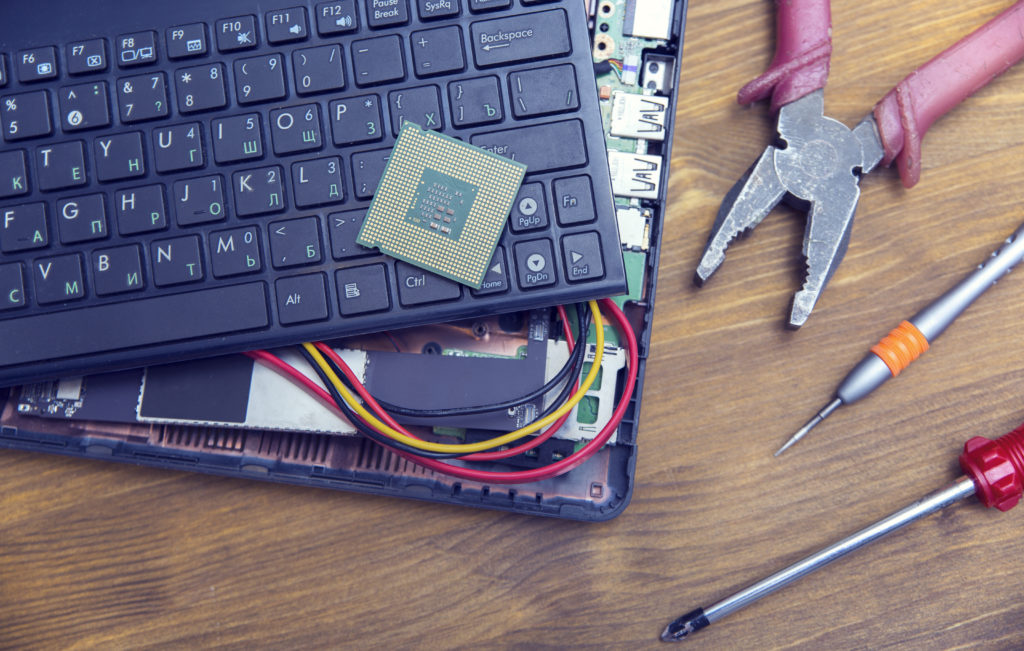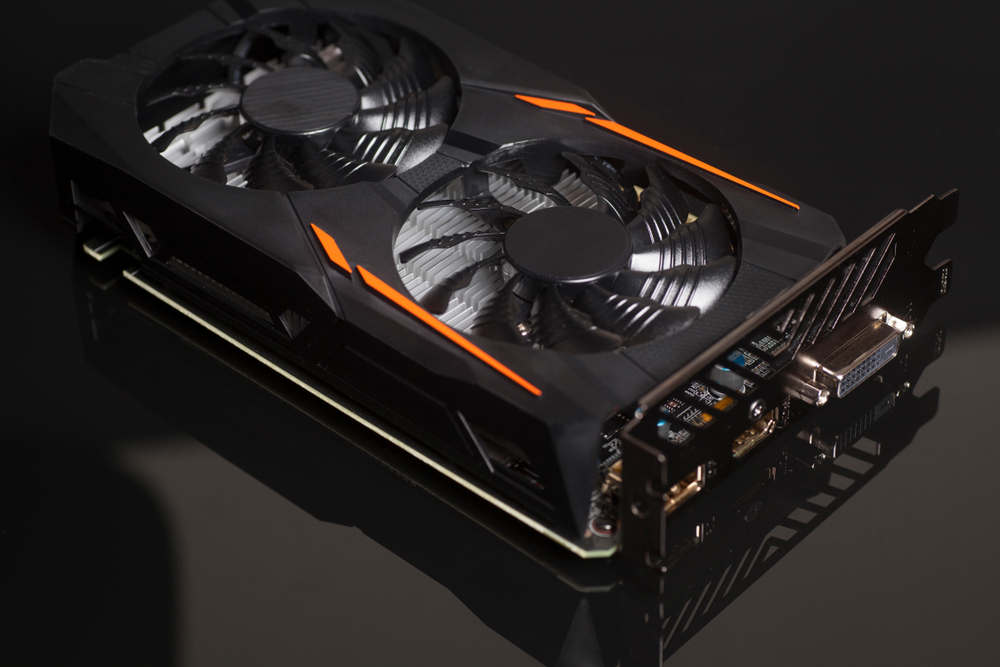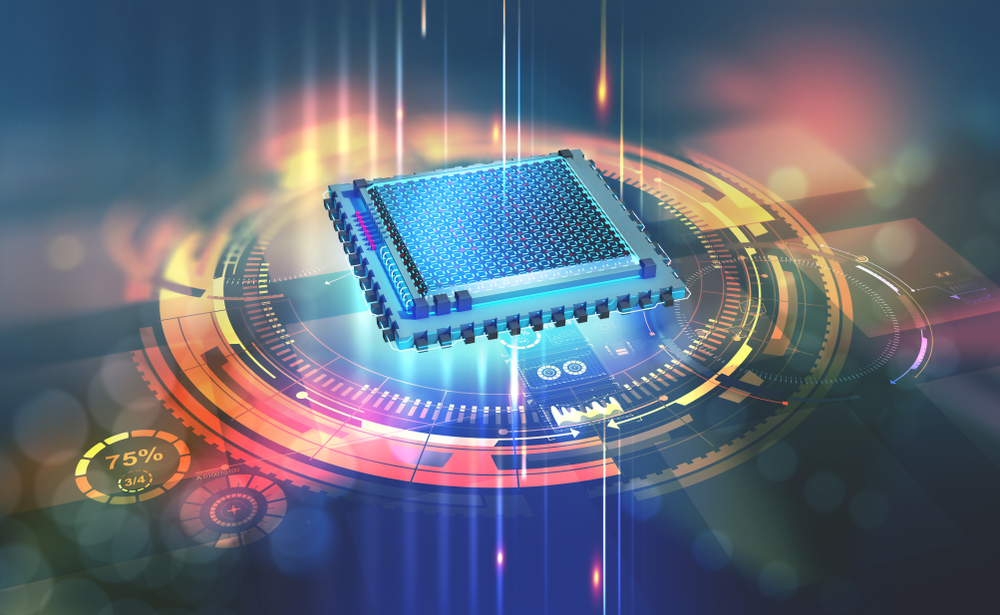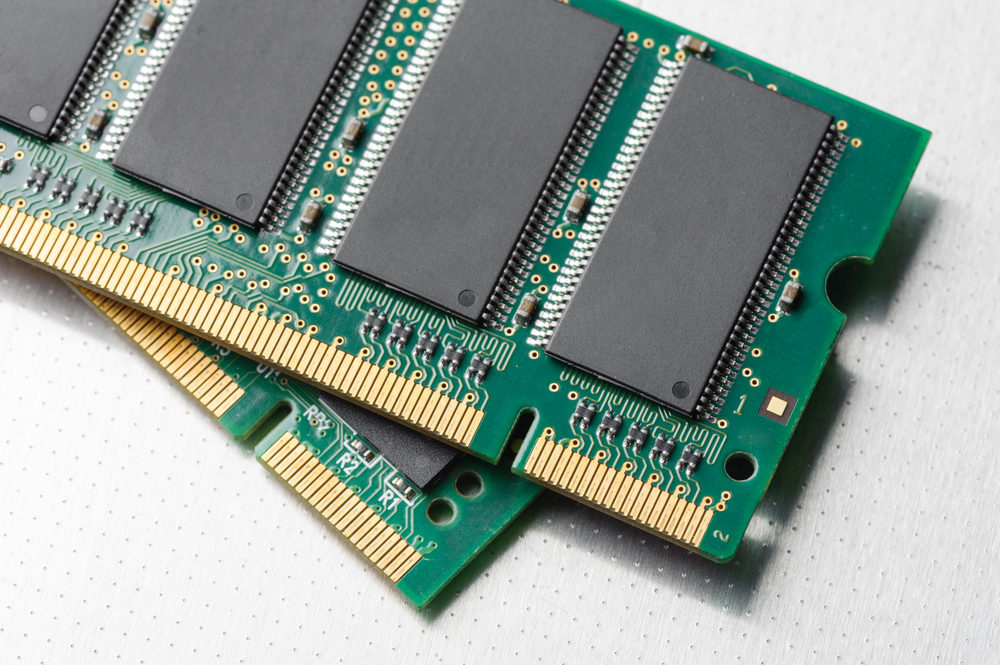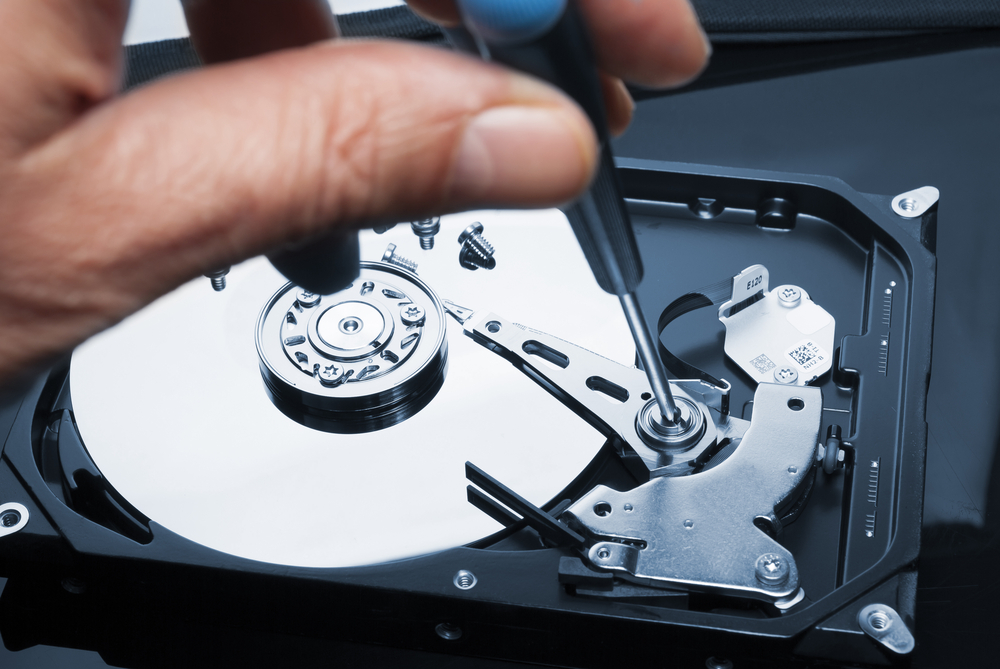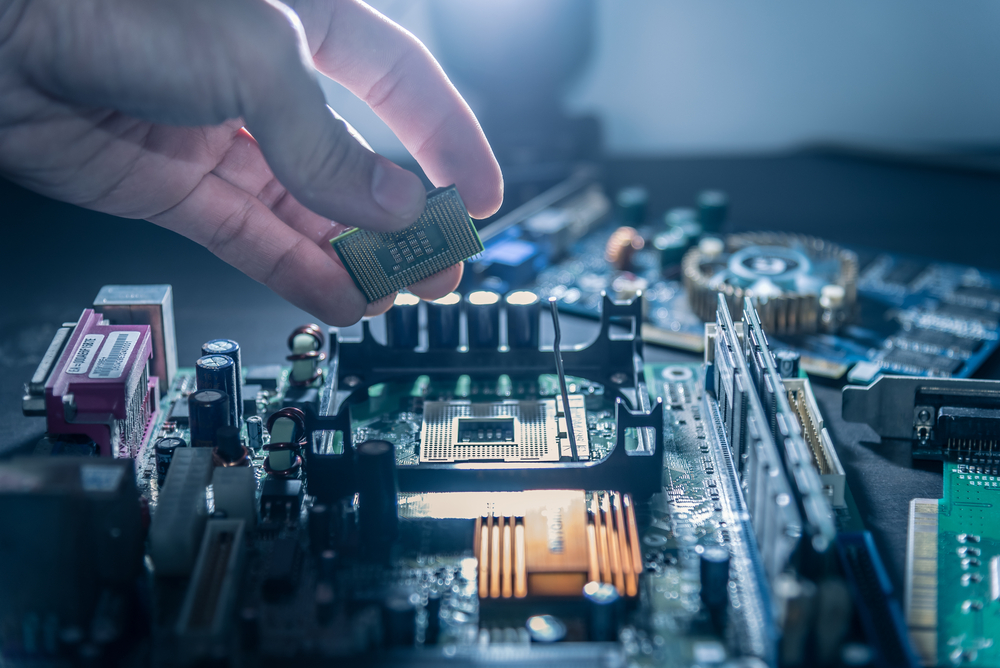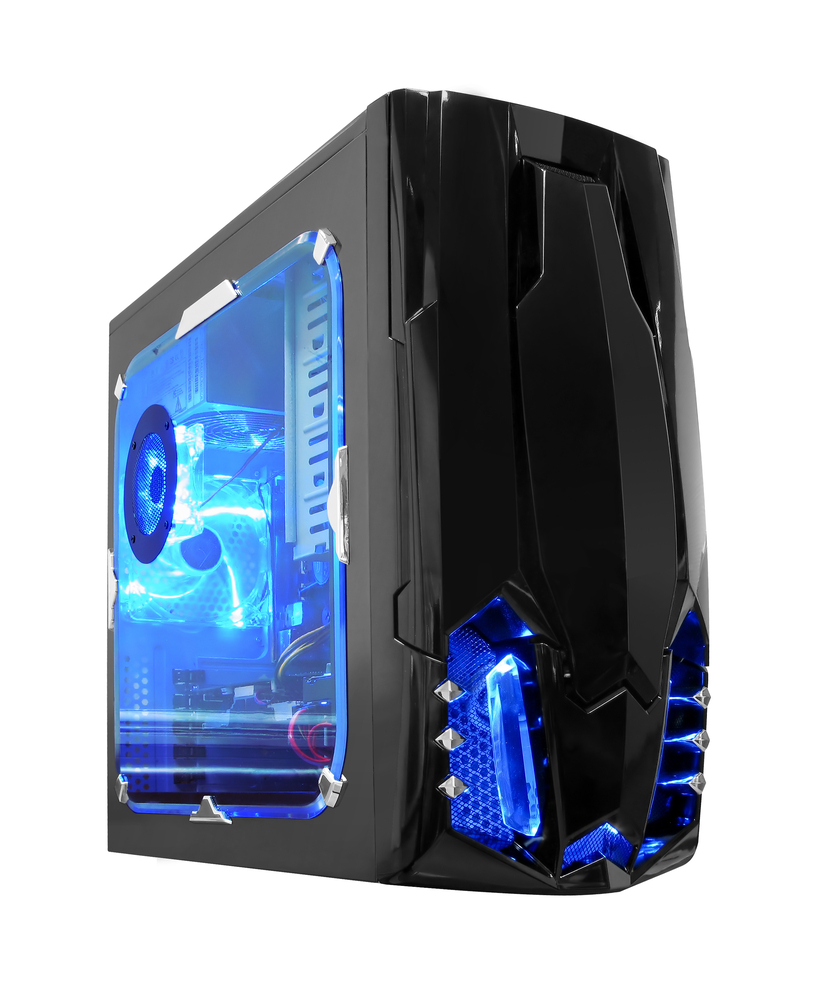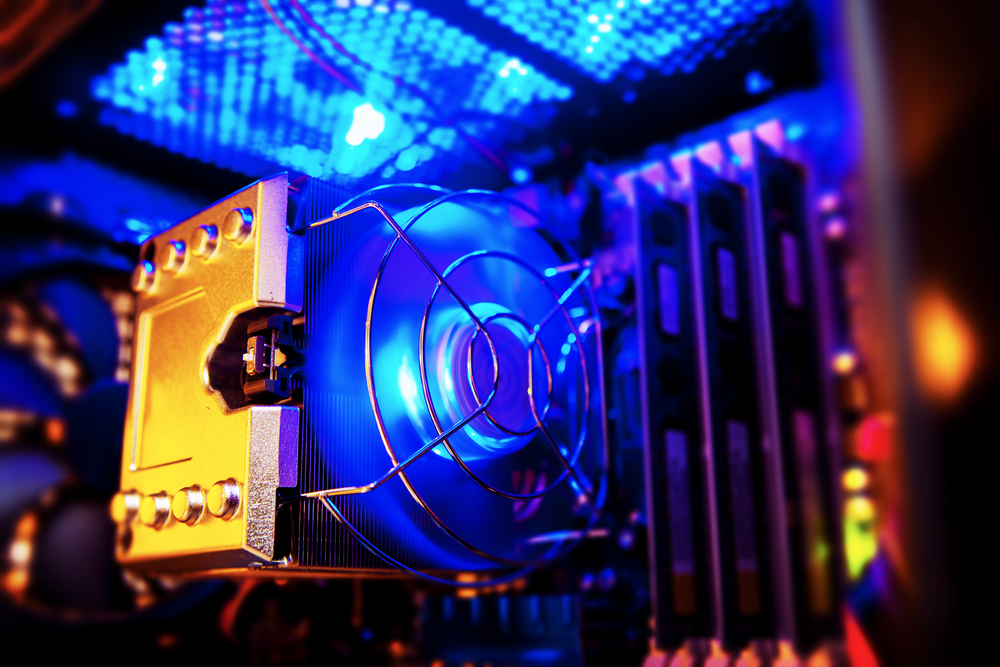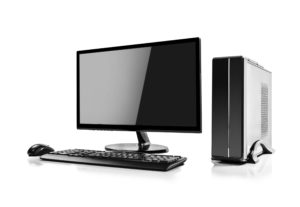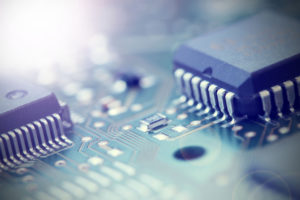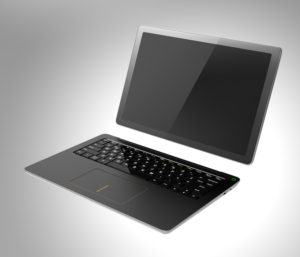If you’re heavily into playing PC games, it’s worthwhile to
invest in a gaming computer. While most PCs can play video games, specialized
gaming computers totally enhance the gaming experience. These computers are
built with components that are specifically designed to run video games
efficiently without causing the computer to crash. What are these parts
exactly? Read this blog post for a rundown of the main components required for
a gaming computer.
Graphics Processing Unit
The graphics processing unit is known as the GPU, graphics
card, or video card. This component is the most important part for PC gaming;
it’s what makes games look photorealistic without crashing your computer or
slowing down the gameplay.
The graphics card relies on the processor (CPU) to function.
If the CPU isn’t processing the game quickly enough, the GPU’s visual output
will be bottlenecked, meaning that the FPS (frames-per-second) will drop and
the game will lag or freeze. A high quality GPU working in conjunction with an
efficient processor will give you a smooth gaming experience.
Check out our selection of graphics cards.
Processor
The central processing unit, or CPU, is the brain of the
computer. The CPU controls the number of tasks your computer can perform simultaneously,
and how quickly it can do so. For gaming, the processor is the second most
important component in a computer, as it works hand-in-hand with the graphics card.
Since the CPU is so important, make sure you are buying an
up-to-date CPU and compare it with competitor brands to ensure that you are
picking the best model possible. Many gamers purchase Intel processors, as
their stronger single-core performance makes them especially suited for gaming;
although, AMD processors are quickly becoming just as good as Intel processors
in terms of gaming, and are more affordable.
Memory
Random Access Memory, or RAM, is the third most important
component for gaming; it allows computers to quickly access files and run
multiple processes simultaneously without lagging. It’s directly linked to the
CPU, and greatly impacts the CPU’s performance and your gaming experience.
Speed isn’t as important as quantity; the more RAM you have,
the better your system will be at managing multiple applications at once and
meeting the memory requirements of today’s PC games. You will need at least 4GB
of RAM for your computer (any less and your computer won’t be able to run most
games), though 8 to 16GB are your best options.
Storage
To figure out how many gigabytes of storage you’ll need,
look at how much space your current list of games require, and use that number
to gauge how much storage to get. Then, you will need to choose between a hard
drive (HDD) or solid-state drive (SSD). Having both is recommended, but we
suggest getting an SSD if you can afford only one.
If you’re looking for quality, get an SSD – they are
smaller, durable, provide faster loading times, and can store a significant
amount of data. If you’re looking for quantity, opt for an HDD – they are
larger, more affordable, and can store much more game data (though they can
result in slower loading times).
Power Supply and Motherboard
Computers need electricity to run, so a good power supply
unit, or PSU, is critical. Don’t get a cheap, poor-quality PSU, or else the
rest of your computer won’t perform well. Buy from a reputable manufacturer,
and make sure that the unit you buy has enough wattage for your system. This Power
Supply Calculator helps you determine how big your PSU needs to be.
Every computer part is connected in some way to the
motherboard, so that every component can communicate and work together.
Motherboards do not have any effect on gaming performance, so it does not
matter what type you purchase, as long as it’s compatible.
Check out our selection of motherboards.
Case
The computer case holds everything together and can make
your system last many years without needing many rebuilds. Your case should have
space for your motherboard, GPU, and for replacement parts that may be
installed in the future. It should also accommodate for a cooling setup,
allowing room for two fans and vents for those fans.
Check out our selection of computer cases.
Other Components
Operating System (OS):
Windows 10 is the top recommended system for gaming, but if you can’t afford
it, go for Linux operating systems.
Mouse and Keyboard:
Consider the types of video games you like to play. Shooter games require a usable
mouse, while
MMOs, MOBAs, and strategy games need a quality keyboard.
Monitor: What’s
the point of playing a video game if you can’t see anything? Invest in a good monitor
that is compatible with your setup.
Fans: These keep
your computer cool and prevent it from overheating. A high quality fan
improves air flow, keeps hardware at a decent temperature, and reduces the
noise coming from the computer.
Conclusion
There are many parts needed for a gaming computer. Luckily, National
Computer Repair LLC has the parts you need to design your dream
gaming PC. If you can’t do it yourself, let us custom-build one for you!


